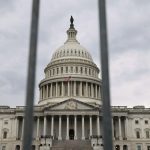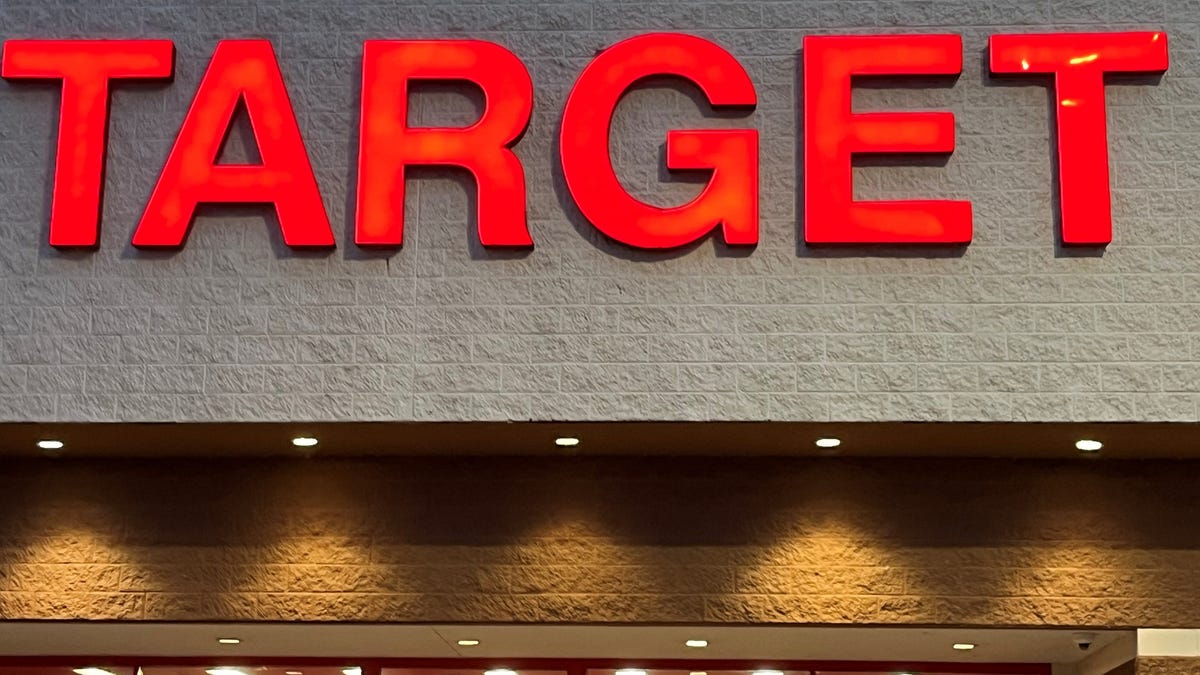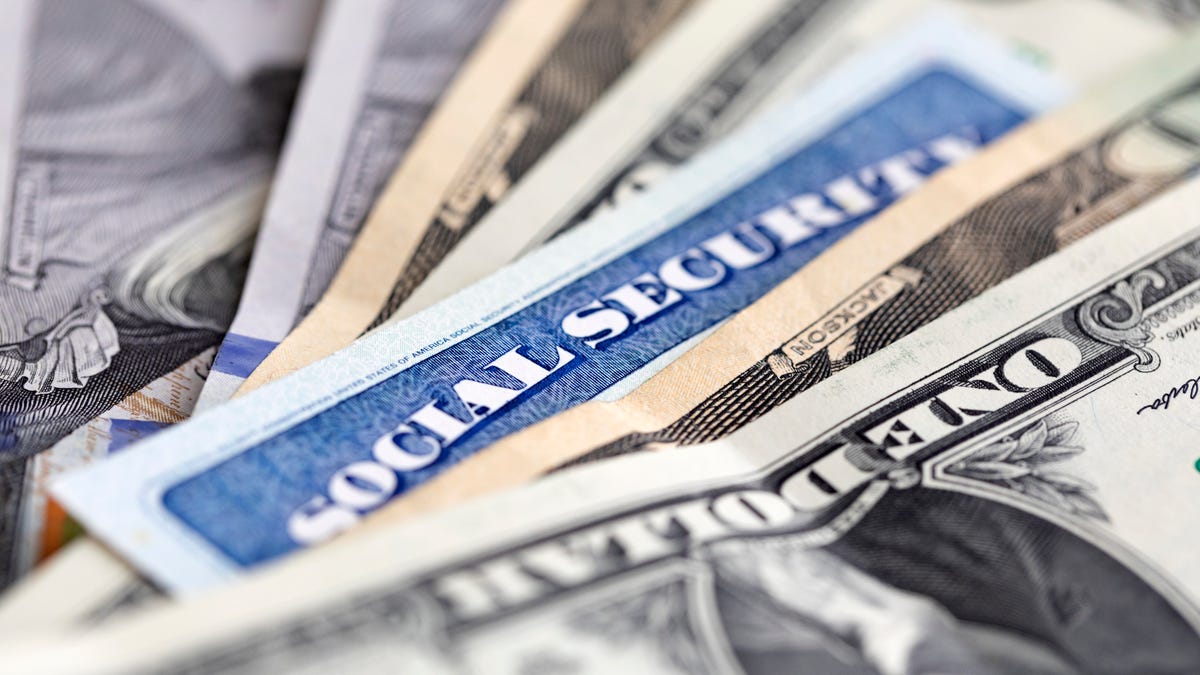
Consumer Boycotts target DEI retreats—are they working? What we know.
Consumer boycotts are targeting companies like Amazon and Target, who’ve rolled back DEI initiatives, but are they working? Here’s what we know.
As consumer boycotts, which started earlier this year continue and expand, a new study is showing that nearly a third of consumers surveyed have participated in such an action.
Consumers have been boycotting retailers and businesses for several reasons, including rollbacks by companies on their diversity, equity and inclusion efforts and what some organizers have called corporate greed.
A new study by Lending Tree surveyed more than 2,000 people and found that 31% have boycotted a business while 23% have supported a business specifically because it was the target of a boycott.
Do consumer boycotts work?
Boycotts can have mixed results. They have worked for the political right.
Conservative activists have successfully rallied in recent years to force retailers and companies to rein in their DEI efforts by staging boycotts to hurt sales.
In campaigns using hashtags and slogans like “go woke go broke,” boycotts waged by conservative activists have taken aim at some of the nation’s largest consumer names, including retail chain Target. Some have succeeded in slashing sales and forcing policy changes.
Now Target and other companies find themselves under attack from the other side, facing calls for boycotts from DEI supporters angry over the rollbacks.
Supporters point to Target citing its decision to end some diversity policies as a contributor to the sharp pullback in consumer spending at the retailer that occurred in the first quarter.
What businesses are consumers boycotting?
Target has been the subject of several boycotts, including one that started on Feb. 1 and was led by Minnesota activist Nekima Levy Armstrong, and a separate 40-day Target Fast, now called the Target Blackout, led by Pastor Jamal-Harrison Bryant and other members of the Black faith community. Bryant’s group is now encouraging its supporters to permanently boycott Target.
Target did not respond to requests for an updated comment on boycott efforts by USA TODAY’s publication deadline, but it has previously provided USA TODAY with the following statement: “We are absolutely dedicated to fostering inclusivity for everyone – our team members, our guests and our supply partners. To do that, we’re focusing on what we do best: providing the best retail experience for the more than 2,000 communities we’re proud to serve.”
In late May, Bryant also called for an electronic protest of Dollar General, saying the retailer walked away from DEI efforts and has not invested in the Black community. In an interview with USA TODAY, Bryant said that protest effort continues and Dollar General declined to meet with him in a letter it sent in response to one he sent the retailer.
Dollar General responded to an inquiry from USA TODAY by providing a copy of the letter it sent to Bryant. In the letter, Dollar General Executive Vice President and General Counsel Rhonda M. Taylor said the company believed Bryant’s assertions about the company did not show the company that a meeting would be productive.
Taylor went on to include information about Dollar General to “correct some of the misperceptions you have of the Company and our operations.” Taylor included details of the retailer’s charitable giving, including donating $500,000 to the National Museum of African American Music in Nashville.
The People’s Union USA has also hosted several boycotts and economic blackouts, starting with a one-day economic blackout on Feb. 28. The group has since held several one-week boycotts of retailers and businesses such as Target, Walmart, Amazon and McDonalds.
Organizer John Schwarz is also encouraging supporters in Instagram posts to boycott Fourth of July festivities, including parades and fireworks and instead stay home with friends or support local business. The group says it is also expanding its boycott of retailers to Home Depot, Starbucks and Amazon for the whole month of July.
In an Instagram post, Schwarz criticized Amazon, saying its workers struggle while the company’s sales helped pay for Amazon founder Jeff Bezos to have a lavish wedding in Venice.
Starbucks has worked against some employee efforts to unionize and Home Depot has quietly erased its DEI web page, Schwarz said.
In statements to USA TODAY, spokespeople for all three businesses defended their companies.
An Amazon spokesperson said the company remains committed to building a diverse and inclusive company. The company maintains a number of mechanisms to ensure its employees stay safe during high-temperature events. The company also said regular full-time operations employees earn an average hourly base wage of more than $22 per hour and average compensation of more than $29 per hour when including benefits.
A Starbucks spokesperson told USA TODAY its hourly workers receive pay worth an average $30 per hour for those who work at least 20 hours per week.
“At Starbucks, our success starts and ends with our partners (employees). We respect our partners right to choose, through a fair and democratic process, to be represented by a union or not to be represented by a union and will continue to work to make Starbucks the best job in retail,” the company said.
A Home Depot spokesperson shared a statement that said its business success has been driven in the last 45 years by its eight core values, “including respect for all people and taking care of our people.
“We’re proud to have a culture that welcomes everyone, and we believe it helps us achieve our business goals by supporting associates, building relationships and fostering innovation. As we continually refine our communications, we have been using ‘WeAreTHD,’ which we have long used to represent the welcoming culture that we’ve built here.”
Nearly a third of those surveyed have boycotted a business
In the Lending Tree survey, consumers who said they’d boycotted a business cited a variety of reasons, including discrimination (43%), political donations or affiliations (41%) and religious messaging or practices (29%). Forty-five percent of consumers surveyed said they research a business’s values or stance before purchasing at least sometimes. Gen Zers were the generation to do the most research, with 59% saying they do.
Among respondents, 23%, said they specifically support a business because it was the target of a boycott. Of those, 31% said they were Republicans and 20% said they were Democrats.
“An awful lot of people are boycotting companies for any number of reasons,” Matt Schulz, chief consumer finance analyst with Lending Tree, told USA TODAY. “One of the things I found most interesting in our data was that higher-income folks are among the more likely to boycott.” Schulz was referring to 43% of six-figure earners saying they have boycotted a business.
“That’s a significant thing that speaks to a degree that people know the power they have,” Schulz said.
Organizers of the boycotts were pleased with the survey results.
“This report confirms what we already know,” Schwarz told USA TODAY. “People are waking up and paying attention. Almost a third of Americans have already boycotted a business, and nearly half are now researching company values before spending a dime. That tells me one thing, the power is shifting back to the people.”
Levy Armstrong said the Lending Tree findings confirm what she and other organizers are seeing on the ground.
“Consumers are no longer tolerating corporate hypocrisy,” she told USA TODAY. “This isn’t symbolic protest—it’s economic resistance.”
Bryant was pleased with the survey results, but said he believes the numbers could be even higher.
“It’s amazing that people are engaged and plugged in and I would dare say it’s probably higher than that as our community is more often than not seldom or rarely ever polled,” Bryant told USA TODAY. “I take it all as a good sign and I think that the bank receipts speak even louder than the polling numbers.”
Target stock has plummeted since earlier this year. On Jan. 31, before the first boycott began on Feb. 1, shares closed at $137.91. It reached a low of $88.76 on April 8, a 35.6% drop. It has begun to go up again, but is still below its stock value earlier this year. On July 1, the stock closed at $103.88, a 24.6% drop from January.
Target also slashed its annual forecast during its last earnings report on May 21, reporting a sharp fall in quarterly same-store sales as customers pulled back on purchases because of worries about inflation and the economy. Target also acknowledged that its performance was affected by the consumer boycotts.
In-person foot traffic at Target has also been affected, according to Placer.ai, which uses a panel of tens of millions of devices and employs machine learning to make estimations for in-store visits. Traffic dropped as much as 8.10% the week of Feb. 17 and has ebbed and flowed, sometimes increasing. Traffic remains in negative numbers, with in-store visits down 2.9% for the week of June 16, according to the latest information available.
The in-store traffic at other retailers and large food chains varied, according to Placer.ai, during that time period. Costco was up 2.0%, Walmart was up 0.1%, Best Buy was down 1.4%, McDonald’s was down 0.3% and Starbucks was up 0.4%.
Some boycotters return to businesses
Among those surveyed, 48% of boycotters said they have eventually returned to a business after boycotting it. That number rises to 70% among those with children younger than 18.
Schulz of Lending Tree said while 53% of men said they had returned to a business they previously boycotted, 41% of women said they did, with 59% saying they did not.
“It shows that while women may be less likely to boycott, once they do, they’re much more likely to never return,” he said.
Betty Lin-Fisher is a consumer reporter for USA TODAY. Reach her at blinfisher@USATODAY.com or follow her on X, Facebook or Instagram @blinfisher and @blinfisher.bsky.social on Bluesky. Sign up for our free The Daily Money newsletter, which will include consumer news on Fridays, here.









